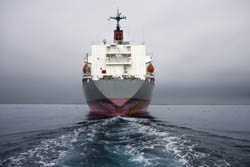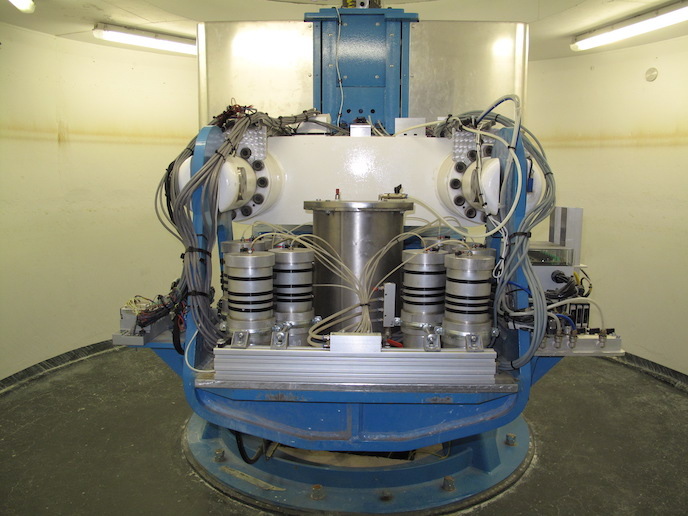Controlling ship noise
Ships emit a lot of noise. Prolonged exposure to high noise can lead to hearing loss among passengers and crew members. Noise pollution can also be harmful to the ecosystem, since marine mammals use sound for finding their way around, looking for food and communicating. In many cases, the ship noise is discomforting for the urban population in ports. The EU-funded 'Ships oriented Innovative solutions to reduce noise and vibrations' (SILENV) project focused on the reduction of the environmental impact of ships. To achieve its goal, the project set out to investigate all maritime noise-related annoyances. The team of researchers surveyed noise pollution level on board ships, in the environment of ports and in the water. They also developed modelling methods to calculate the damaging effect of noise at a distance. As a result, the team proposed a 'green label' applicable to most types of ships. The application of this label including noise and vibrations requirements as well as associated guidelines, should significantly limit ship-produced noise. This action stands to drastically improve the health and safety of fishermen and comfort for passengers, and reduce the negative effect of noise pollution on marine ecosystems in the future. Complete data collection and analysis is available on the project website (http://www.silenv.eu(opens in new window)).







